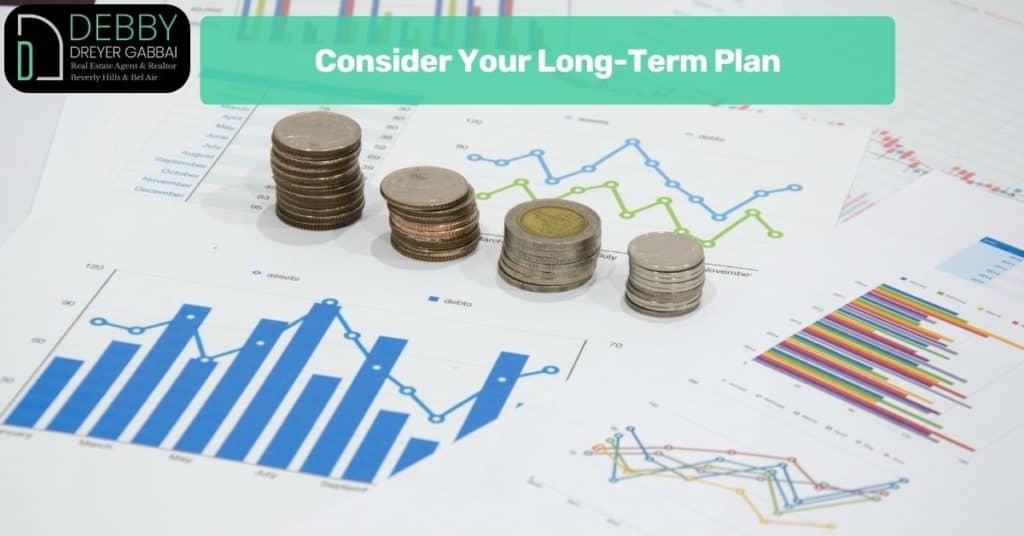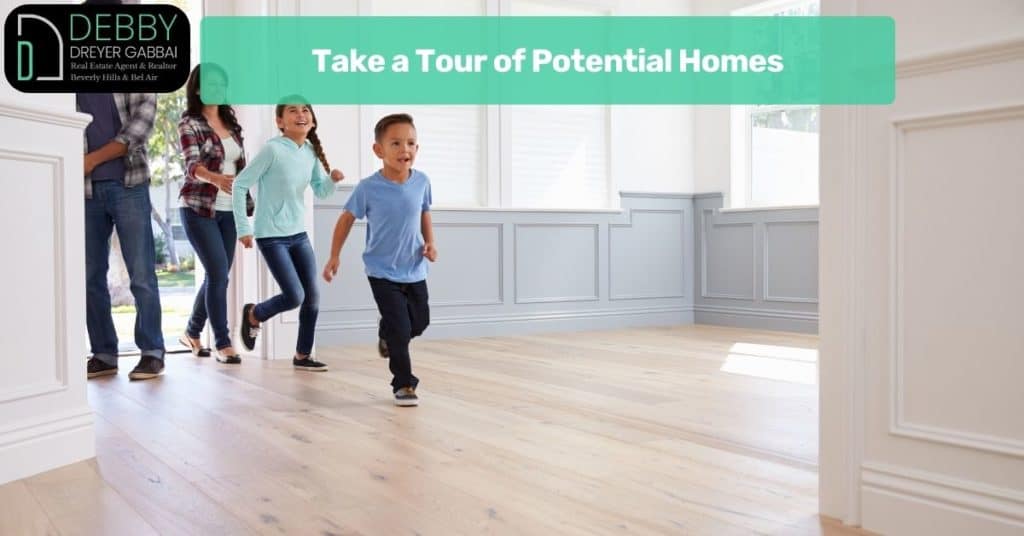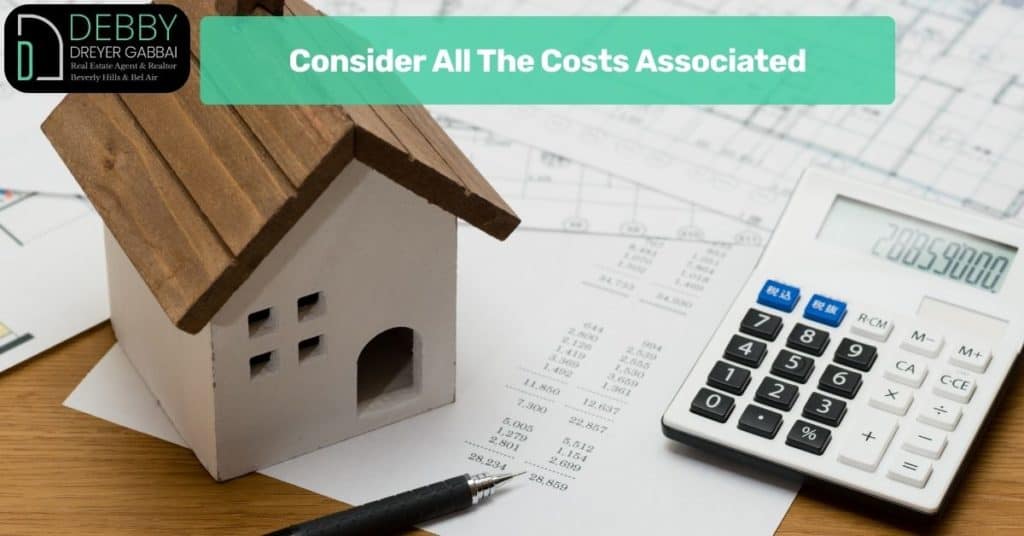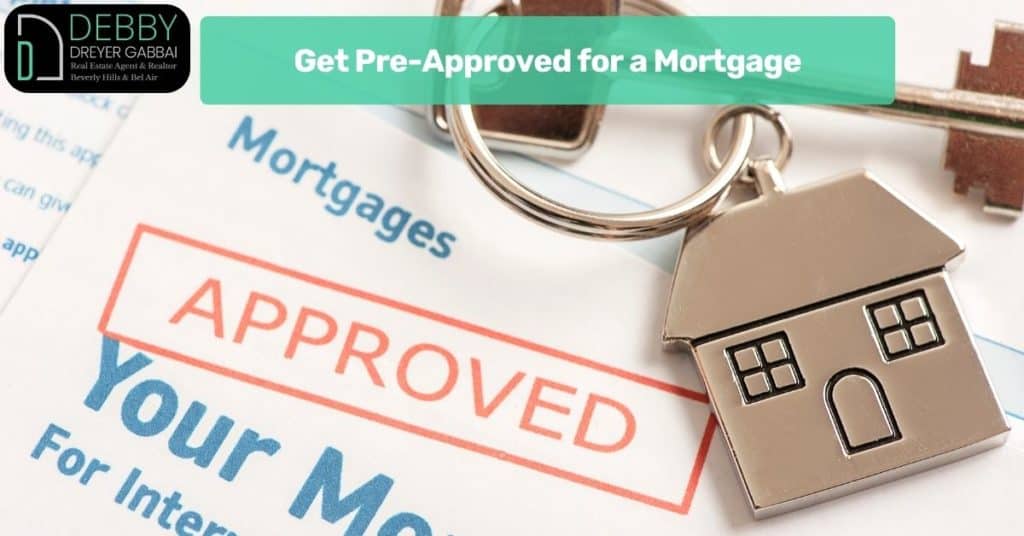Buying a house is a huge investment, and it’s one that you want to be sure you’re ready for. There are a lot of things to consider before making the jump into homeownership, and it’s important to do your research to make sure you’re prepared. Here are a few things to know before buying a house:
1. Purchase A House You Can Afford
Before you start shopping for a house, it’s important to figure out how much you can afford to spend. This will help you narrow your search to homes that are within your price range, and it will also prevent you from overspending.
There are a few different factors that you’ll need to take into account when making this calculation. First, determine your monthly income after taxes. Then, estimate your monthly expenses, including things like food, transportation, and child care.
Next, figure out what you can afford to determine how much you can comfortably afford to spend on housing each month. Finally, add up your debts and subtract that amount from your monthly income.
This will give you an idea of how much house you can actually afford. Keep in mind that it’s always better to err on the side of caution when making this calculation. It’s better to buy a less expensive house that you can easily afford than it is to overextend yourself financially and end up struggling to make ends meet.

2. Consider Your Long-Term Plan
Before you start house hunting, it’s important to take a step back and consider your long-term plans. Are you looking to buy a starter home that you can later sell for a profit, or are you hoping to find your forever home? If you’re planning on starting a family soon, you’ll need to make sure that the house you choose has enough space for kids.
And if you’re nearing retirement, you may want to look for a home that doesn’t require a lot of upkeep. By thinking about your long-term plans, you can narrow down your search and find the perfect house for your needs.

3. Find The Best Real Estate Agent
Before buying a house, it is important to find the best real estate agent. The agent will help you find the right house for your needs and budget. They will also assist with negotiating the price and terms of the sale. In addition, the agent will be able to provide valuable information about the local market and schools.
Finally, the agent will be there to answer any questions you have about the process of buying a home. By taking the time to find the best real estate agent, you can ensure that the process of buying a house goes smoothly.

4. Take a Tour of Potential Homes
If you’re thinking about buying a house, one of the first things you should do is take a tour of potential homes. This will help you get a feel for what’s out there and what you can afford.
There are a few things to keep in mind when touring homes, though. First, make sure you have a realistic idea of your budget. Don’t be afraid to ask the real estate agent about the price of the home and any potential repairs that might need to be made.
It’s also important to pay attention to your gut feeling. If a home doesn’t feel right, move on to the next one. Lastly, don’t be afraid to ask questions. The more you know about a potential home, the better equipped you’ll be to make a decision.

5. Consider All The Costs Associated
When you’re thinking about buying a house, it’s important to consider all of the costs associated with owning a home. In addition to the purchase price, you’ll also need to budget for things like property taxes, insurance, utilities, and maintenance.
It’s also a good idea to have an emergency fund set aside in case of unexpected repairs or other unforeseen expenses. By taking the time to understand all of the costs involved in homeownership, you can be sure that you’re prepared for the financial challenges that come with being a homeowner.

6. Get Pre-Approved for a Mortgage
Most homebuyers will need to obtain a mortgage in order to finance their purchase. A mortgage is a loan that is used to purchase a property, and the borrower typically makes payments over a period of 15 or 30 years.
While it is possible to get a mortgage without being pre-approved, doing so may make the process more difficult and could result in a higher interest rate.
Pre-approval means that a lender has reviewed your financial information and has determined how much they are willing to lend you. This amount is based on factors such as your income, debts, and credit score. It is important to note that being pre-approved for a mortgage does not guarantee that you will actually obtain the loan.
However, it does give you a better idea of what you can afford and can provide reassurance to sellers that you are a serious buyer. There are a few things to keep in mind if you are thinking of getting pre-approved for a mortgage.
First, be sure to shop around with different lenders in order to compare rates and terms. It is also important to review your credit report before beginning the application process, as this will give you an idea of any potential red flags that lenders might see.
Finally, remember that being pre-approved for a loan is not the same as being approved for a loan. Be sure to have realistic expectations and be prepared for the possibility that you may not ultimately be approved for the full amount that you have been pre-approved for.

7. Finalize the Purchase and Relocate
Relocating can be an exciting time, especially if you’re moving to a new city or town. But before you get too ahead of yourself, there are a few things you should keep in mind when purchasing a home.
First and foremost, be sure to have a realistic budget in mind. There’s no use falling in love with a home that’s out of your price range. Once you’ve found a few homes within your budget, it’s time to start thinking about location.
If you have kids, you’ll want to be sure to find a neighborhood with good schools nearby. If you work from home, you might prefer a quieter suburban setting over a busy urban area.
And if you’re looking for nightlife and entertainment, you’ll want to find a neighborhood with restaurants and bars nearby. Of course, these are just a few things to keep in mind before purchasing a home. But as long as you do your research and take your time, you’re sure to find the perfect place to call home.

In conclusion
As you can see, there are a lot of things to keep in mind before purchasing a house. But as long as you do your research and take your time, you’re sure to find the perfect place to call home. With a little bit of planning and preparation, you can be sure that you’re ready for all of the challenges that come with homeownership.
